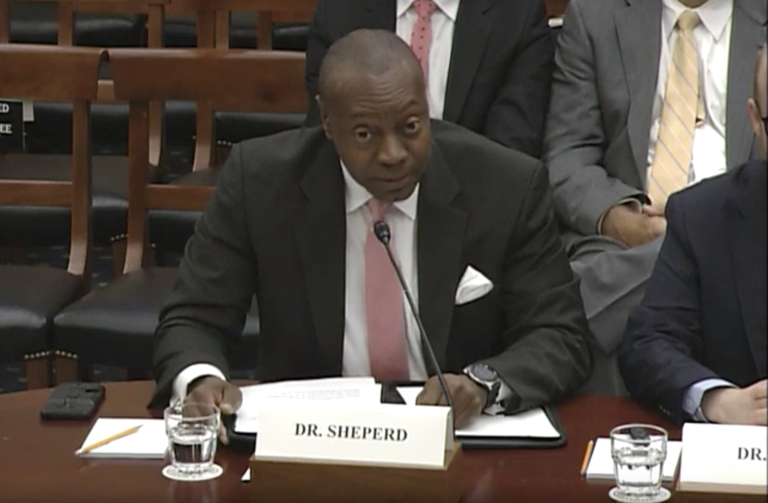Meteorological experts have been testifying before politicians in the US on the thorny question of why the public so often ignore evacuation orders.
Experts in the field appeared before a congressional hearing in Washington to answer lawmakers concerns about the issue.
The hearing of the House Science, Space and Technology Committee came after the US Congress ordered NOAA in 2017 to conduct a study of how the public responds to weather alerts with a view to devising more effective warnings.
Congress’s call for action was prompted in turn by findings in the aftermath of Superstorm Sandy, which devastated the US east coast in 2012. It was discovered that of the 117 people who died in the storm, most were drowned and that of those drownings nearly half took place in homes where mandatory evacuation orders were in place.
“Much remains to learn about how best to communicate forecasts,” Ann Bostrom, a professor of environmental policy at the University of Washington, told the hearing late last month. She admitted that “progress has been slow”, while noting that federal funding had been “highly variable” in recent years.
Another expert called to testify, J Marshall Shepherd, director of the atmospheric sciences program at the University of Georgia, cited the influence of social media, which gives the public quicker access to information in extreme weather events but can also amplify false information.
“We have an extreme challenge because there are all kinds of weather opinions and forecasts on social media,” said Shepherd, who is a former president of the American Meteorological Society.
Shepherd also made a veiled criticism of US President Donald Trump, after he recently inaccurately claimed that Hurricane Dorian would hit Alabama.
“When we start questioning the expert forecasts from the National Weather Center and the National Hurricane Center, that undermines, and in my opinion jeopardizes, the safety of our citizens because if someone now starts to say, ‘I don’t believe the National Hurricane Center forecast,’ and that hurricane is headed my way, I may make a poor decision,” said Shepherd.



